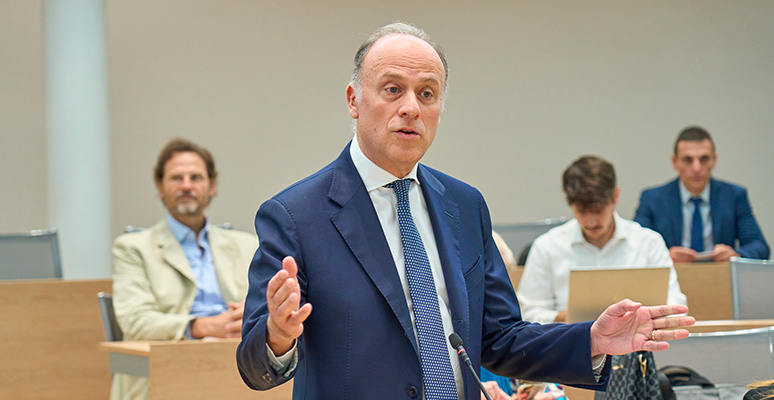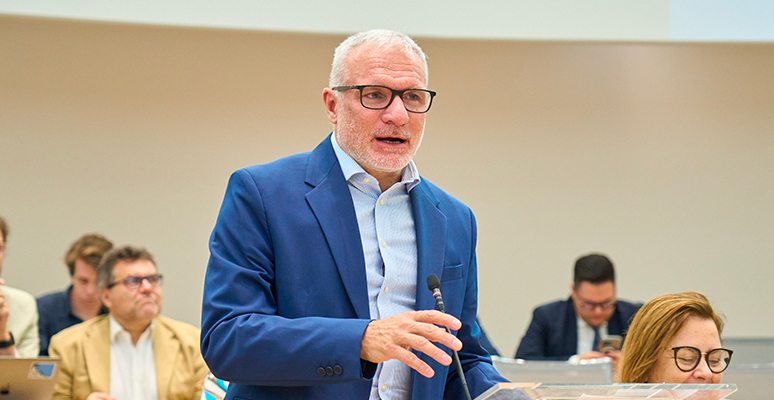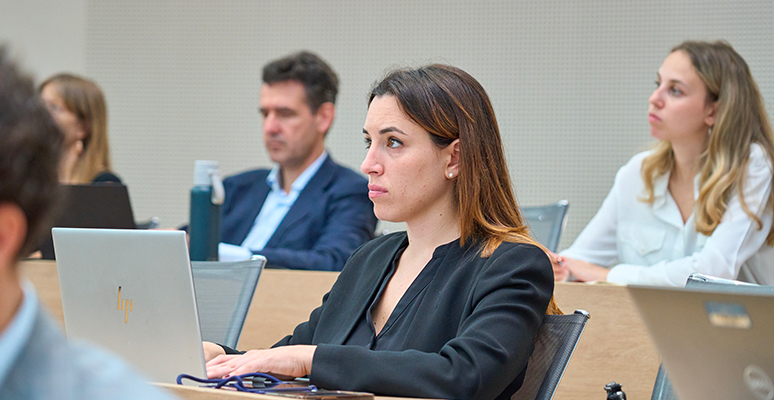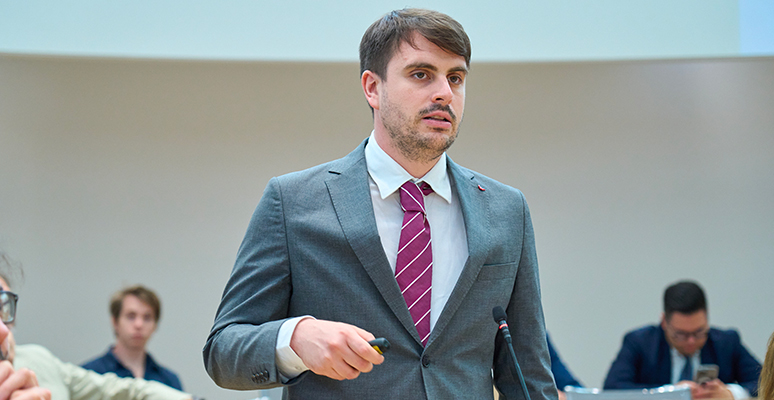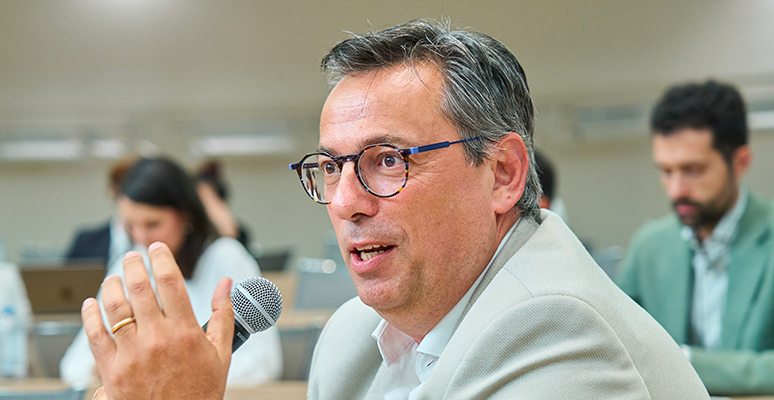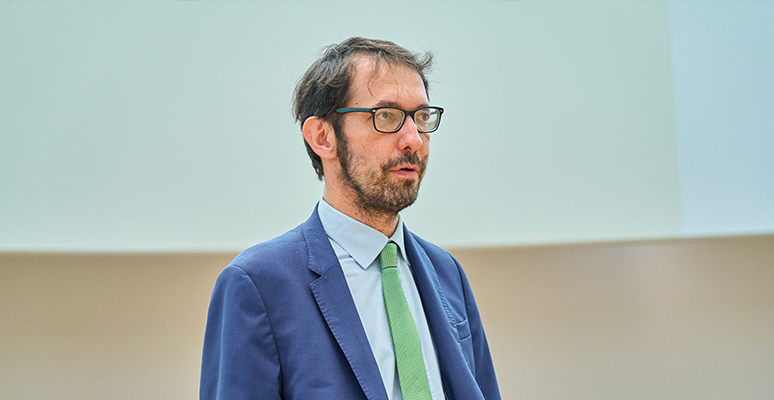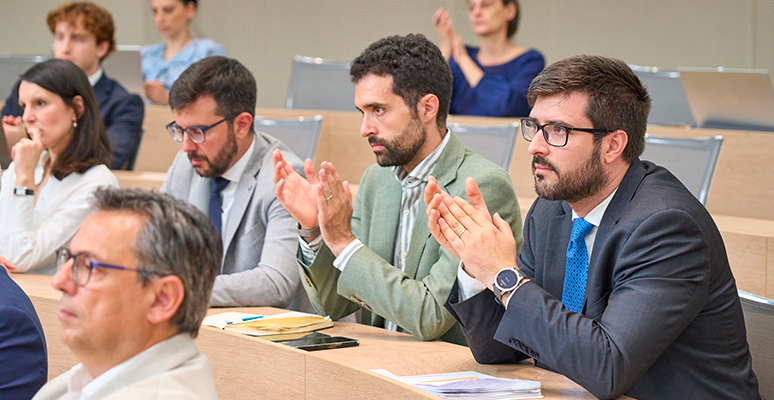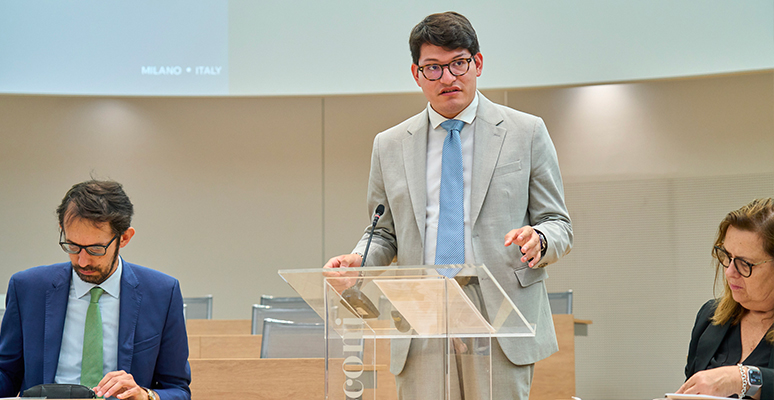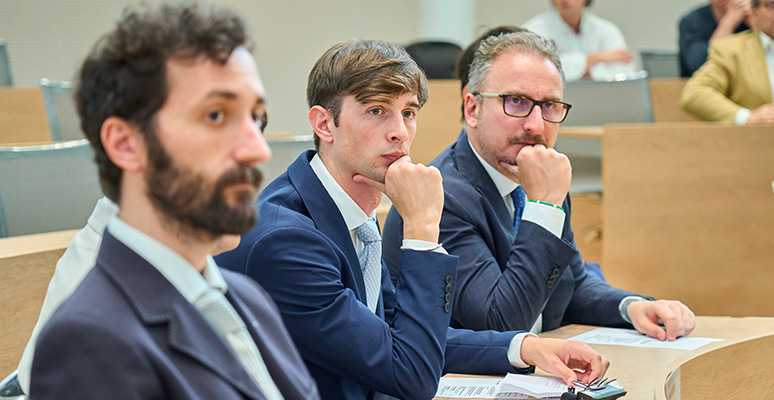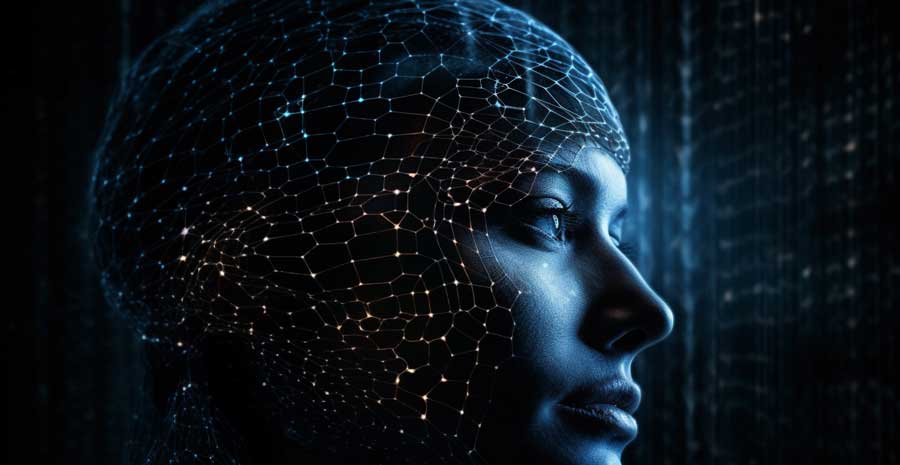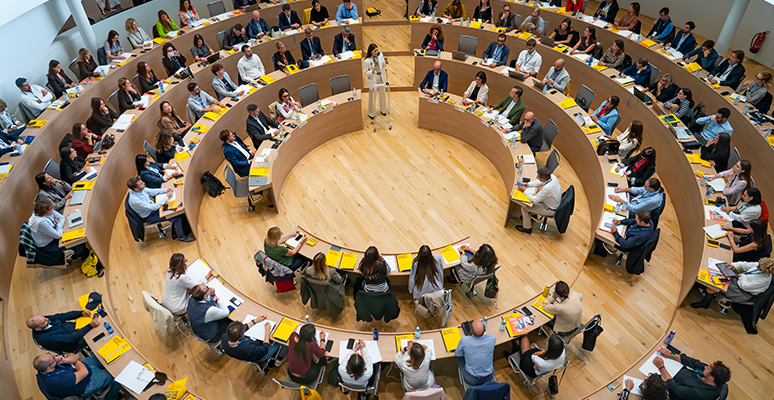“Edge computing in space, satellite-based applications, and space-based energy solutions are defining a new frontier, revolutionizing both space exploration and life on Earth.”
With these words, Simonetta Di Pippo, Director of the Space Economy Evolution Lab (SEE Lab) at SDA Bocconi, opened the Lab’s annual research conference.
As Di Pippo explained, edge computing is an IT architecture that processes data close to its source, where it is generated, rather than transmitting it to a centralized data center. In space, this means that instead of sending all the data collected by devices such as sensors or cameras back to a server on Earth, part of the processing is done locally, reducing the load on transmission channels and enhancing security.
John Mankins, President of Artemis Innovation Management Solutions, addressed space-based solar energy, noting that several technological development programs are underway, including a microwave-based wireless power transmission demonstration supported by Japan. He also highlighted several commercial initiatives exploring opportunities in both the public and private sectors.
Gabriele Meoni, Innovation Officer at the Φ-lab Division of the European Space Agency, emphasized the growing interest in edge computing within the space and Earth observation communities. These paradigms rely on AI algorithms and other onboard technologies that enable satellites to extract usable information directly from space, enhancing data efficiency, providing near real-time responses, and enabling autonomous coordination between space vehicles.
Matteo Boaglio, Head of Institutional Special Projects and Policy at Intesa Sanpaolo, explained why a major bank is showing interest in the growth of the space sector.
Photogallery
The Chief Revenue Officer at CloudFerro, Guido Baraglia, discussed the importance of a sovereign cloud infrastructure for Europe’s space economy ecosystem. “The sovereign cloud will provide native platforms capable of unlocking the full potential of satellite data, amplifying both social and environmental impact,” he said.
“Through strategic programs and public-private partnerships—such as ESA BIC, SpaceFounders, and ASI funding calls—Italy is actively promoting the development of advanced space technologies in fields such as computing, energy, data, and other technical domains,” said Augusto Cramarossa, Head of Strategic Areas Coordination at the Italian Space Agency.
Stefano Mele, Partner at the law firm Gianni & Origoni and Head of the “Cybersecurity & Space Economy Law” Department, emphasized that space is becoming an increasingly critical domain for global communications, navigation, defense, and climate monitoring. However, its digital infrastructure is now exposed to unprecedented cybersecurity threats. “The ‘silent domain’ of space, once considered remote and intangible, is now deeply interconnected with terrestrial vulnerabilities through the digital networks that control and manage space systems,” he stated.
In closing, Simonetta Di Pippo expressed her hope that the event fostered greater collaboration in the use of cloud infrastructure, AI-driven analytics, and space-based renewable resources—so that space can help build a more integrated, secure, sustainable, and competitive economy in service of people and the planet. The SEE Lab continues to position itself as an advanced observatory and think tank capable of analyzing trends and scenarios through advanced tools while promoting strategic dialogue among Academia, institutions, industry, and finance.




